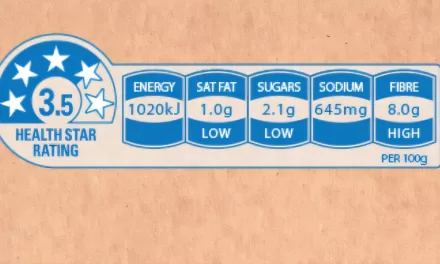BOSTON – New research reveals that fat lurking within muscles, not just overall weight, significantly increases the risk of heart attacks, heart failure, and death, regardless of a person’s body mass index (BMI). The study, published in the European Heart Journal, highlights the limitations of traditional measures like BMI and waist circumference in accurately assessing heart disease risk.
Researchers found a strong link between intermuscular fat (fat stored within muscles) and damage to the heart’s tiny blood vessels, a condition known as coronary microvascular dysfunction (CMD). Individuals with both high levels of intermuscular fat and CMD faced a particularly elevated risk of severe heart events.
“Knowing that intermuscular fat raises the risk of heart disease gives us another way to identify people who are at high risk, regardless of their body mass index,” said Professor Viviany Taqueti, Director of the Cardiac Stress Laboratory at Brigham and Women’s Hospital and lead author of the study. This finding is particularly relevant for understanding the impact of newer fat and muscle-modifying therapies, including glucagon-like peptide-1 receptor agonists.
The study involved 669 participants who were followed for approximately six years. Researchers used CT scans to analyze body composition, measuring fat and muscle distribution in the torso. They developed a “fatty muscle fraction” – the ratio of intermuscular fat to total muscle and fat. For every 1% increase in this fraction, the risk of CMD rose by 2%, and the risk of serious heart disease increased by 7%, independent of other risk factors and BMI.
Interestingly, subcutaneous fat (fat stored under the skin) did not increase heart disease risk, while higher levels of lean muscle were associated with a lower risk. Professor Taqueti explained that intermuscular fat may contribute to inflammation and metabolic issues like insulin resistance and metabolic syndrome, ultimately damaging blood vessels and the heart itself.
The research team is now investigating how interventions like exercise, nutrition, weight-loss medications, and surgery can affect body composition and metabolic heart disease, aiming to reduce risk for individuals with fatty muscles. This new understanding of the role of intermuscular fat could lead to more targeted prevention and treatment strategies for heart disease.












